How West misread Afghanistan after 9/11 terror attacks – David Blunkett
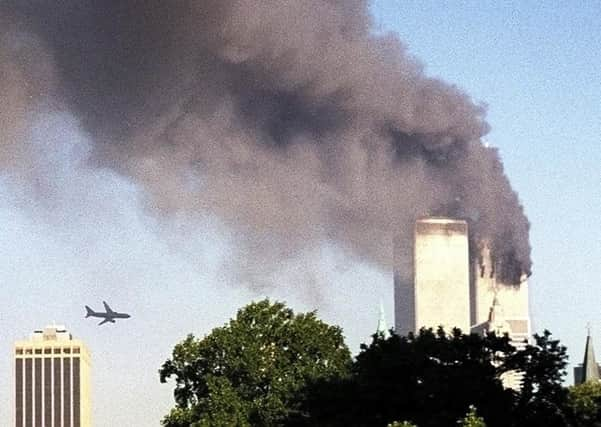

I had been Home Secretary for just three months, had just addressed the Police Superintendents’ annual conference at Warwick University and was on the train back to London when my son, Hugh, phoned me.
“Dad, something terrible has happened. A plane has flown into the World Trade Centre,” he said.
Advertisement
Hide AdAdvertisement
Hide AdA member of my protection team came down the carriage, as a hubbub gradually emerged as other people began receiving calls.
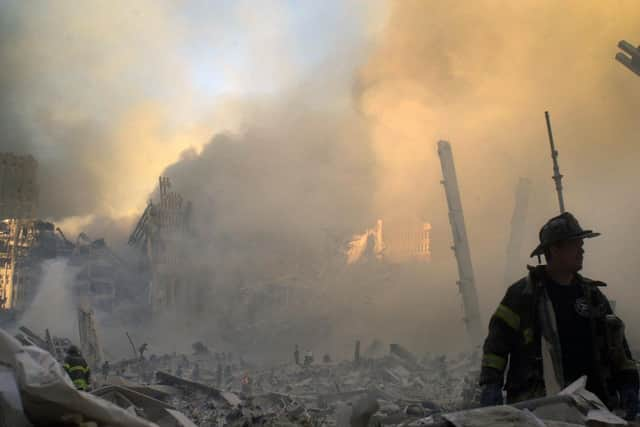

Jonathan Powell, Tony Blair’s chief of staff, was next on the phone.
Tony was in Brighton to address the Trades Union Congress, and Jonathan was calling everyone to an early evening meeting in Cabinet Office Briefing Room A, now familiarly known as “Cobra”.
Cabinet colleagues gathered in an extremely sombre mood, yet calm and determined to send a message to the people of the UK that we were not going to allow the terrorists to destroy our way of life.
Advertisement
Hide AdAdvertisement
Hide AdI was particularly impressed with the demeanour of Tony Blair and Gordon Brown.
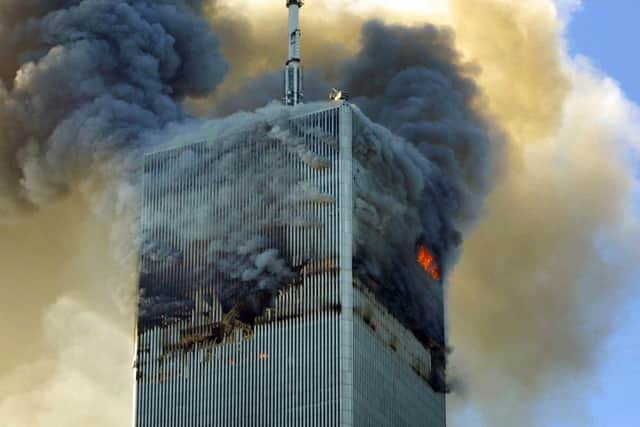

Tony, as he led the conversation and the tone of the meeting, and Gordon with his understanding that, whilst the City of London might well be the next target, it was critical for everyone’s well-being that people continued to go to work and were reassured that everything necessary was being done.
As Home Secretary in charge of the security service (MI5) and the counter-terrorism branch of the Metropolitan Police, I had to ensure that people understood we were going to take all necessary measures to avoid an immediate terrorist attack, but that proportionality had to be exercised because freedom and civil liberties were crucial.
There was one other critical area that fell to me. Namely social cohesion. It was vital that people did not turn on those whose language, culture and religion were different to their own. Hate speech and racial intolerance had to be stamped on.
Advertisement
Hide AdAdvertisement
Hide AdThe phrase “alert but not alarmed” was one I was particularly proud of, and which has endured over these 20 years.
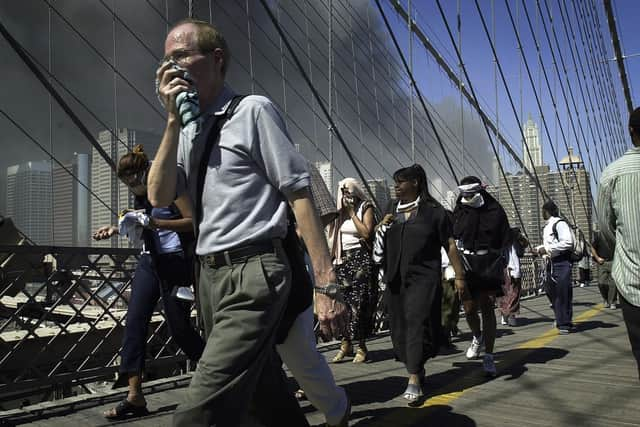

I had to ensure that we were as rigorous as possible with the country’s security services about what had been or might be done, and where weaknesses lay, whilst also ensuring that, through reassurance and confidence building, we created an aura of stability.
Further decisions were necessary over those first few days. Along with imposing no-fly zones, stepping up physical and technical security, and meticulously vetting those coming into the country from Afghanistan, Pakistan and the countries around that region, we needed to decide on next steps.
Here we are, 20 years on, with the almost unbelievable scenario of the Taliban returned to power in Afghanistan, having literally walked through the country and taken the capital, Kabul, with hardly a bullet being fired.
Advertisement
Hide AdAdvertisement
Hide AdBack in 2001, the decision was taken by the Americans – but supported by us – that the terrorist camps embedded in Afghanistan must be taken out and that we needed to free the country from the Taliban’s tyrannical rule.
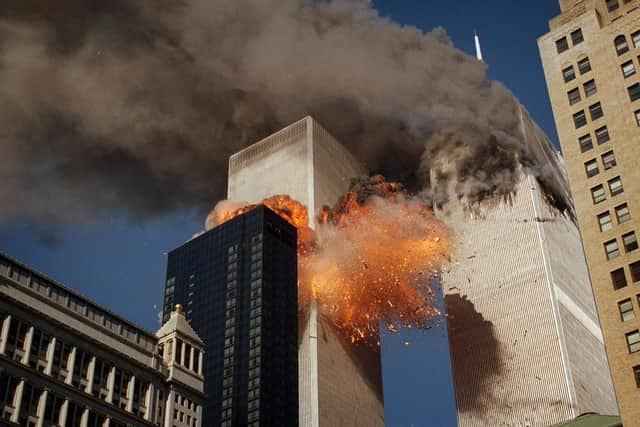

I still believe it was the right thing to do. In fact, there was clearly no alternative.
What happened afterwards, as with the invasion of Iraq, is entirely another matter.
Our exaggerated view of the influence we exercised over the United States was always a problem, but a failure to understand Afghan history was, in retrospect, extraordinarily short-sighted.
Advertisement
Hide AdAdvertisement
Hide AdI wish, then, that I had read the book called Charlie Wilson’s War. This spelled out the arming of the Mujahideen by the CIA – the billions of dollars spent on providing them with the necessary weaponry to attack, and eventually push out, the Russian occupation of Afghanistan.
From that came the rule of the Taliban, who once again now possess the most sophisticated weaponry, captured and inherited from the US-led Nato forces.
I do not believe that the 457 UK service men and women who died did so in vain. The enormous improvements in the life chances, freedom and hope for a better future which came from the overthrow of the Taliban still remain a possibility all these years later.
It was a mistake, however, not to understand that nation-building must done by the nation you have freed. If you are seen by a significant proportion as an invading or occupying force, then there will always be an ambiguous relationship at best, and a dangerous one at worst.
Advertisement
Hide AdAdvertisement
Hide AdFrankly, we slipped – along with the Americans and our allies – into believing that commencing nation-building, cutting off the supplies of heroin which funded the Taliban, and well-trained and well-equipped Afghan forces would see off the Taliban. That clearly was not the case.
So, lessons to be learned for the future are not just about inadequate intelligence, or politicians whose eyes were anywhere except on the job. When we do act on either security or humanitarian grounds as part of an appreciation of our internationalism and interdependence, we must do so with a view to ensuring the people we liberate actually want us to be there with them.
If only we had learnt from history, some of the mistakes could have been avoided. If only, if only.
* David Blunkett is a Labour peer. He was Home Secretary at the time of the 9/11 terror attacks.
Advertisement
Hide AdAdvertisement
Hide AdSupport The Yorkshire Post and become a subscriber today. Your subscription will help us to continue to bring quality news to the people of Yorkshire. In return, you’ll see fewer ads on site, get free access to our app and receive exclusive members-only offers. Click here to subscribe.
Comment Guidelines
National World encourages reader discussion on our stories. User feedback, insights and back-and-forth exchanges add a rich layer of context to reporting. Please review our Community Guidelines before commenting.